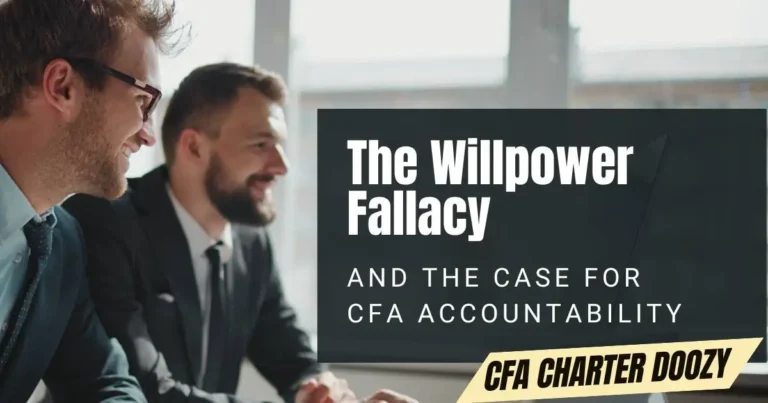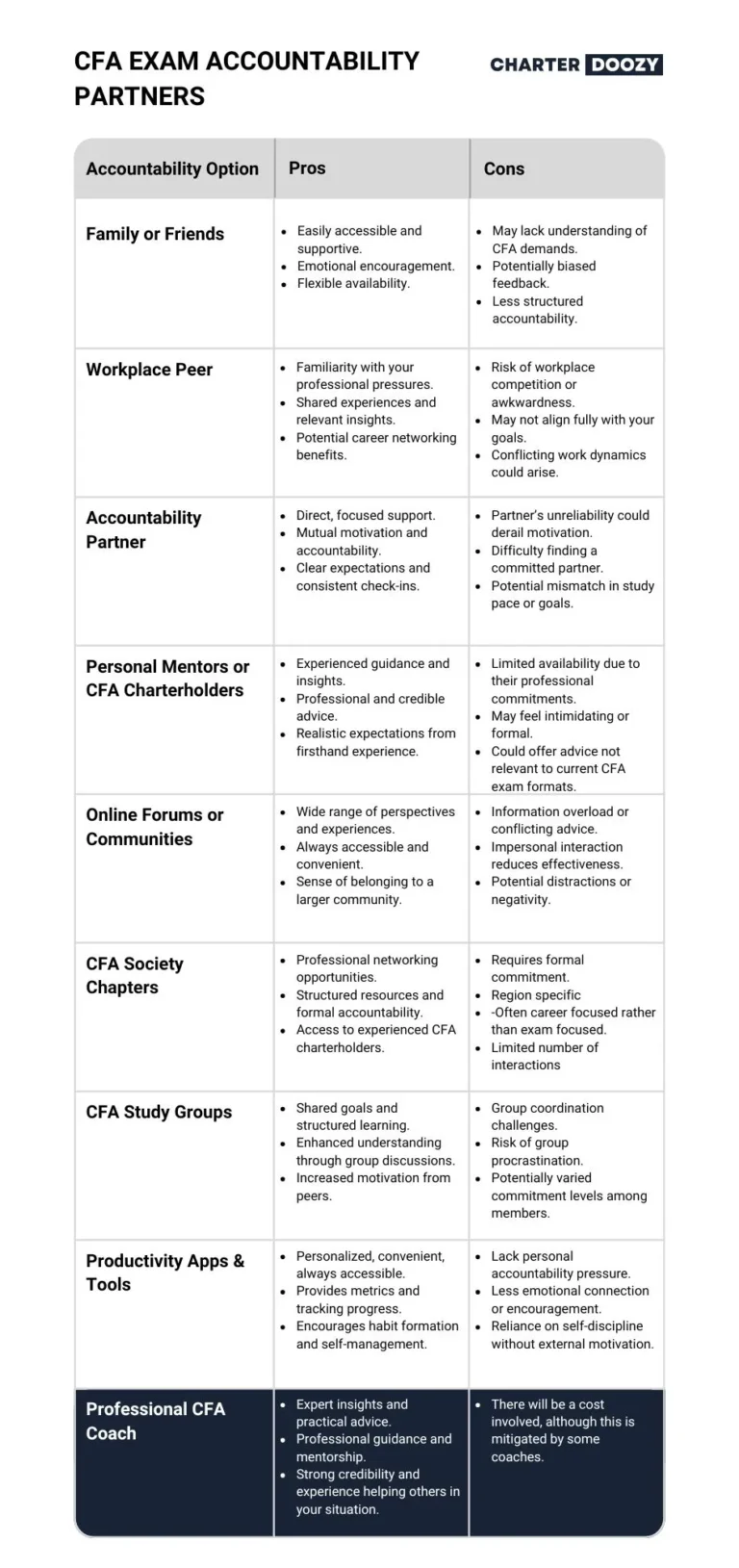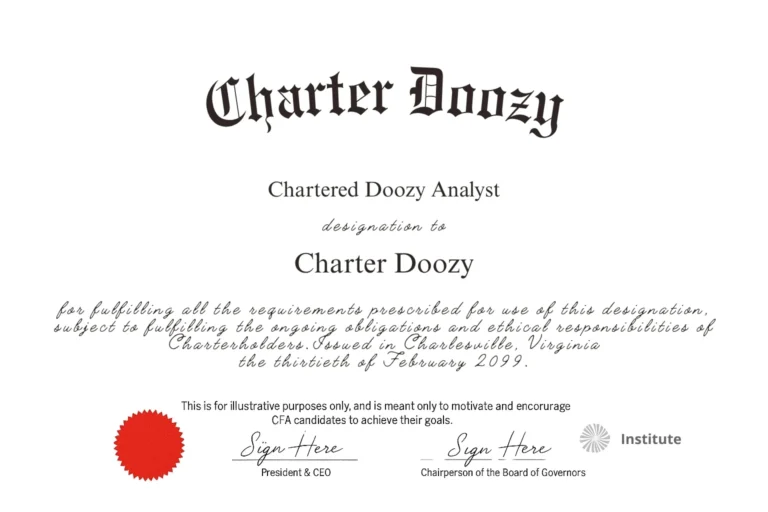"You can have all the willpower in the world, but if you don’t have a plan and someone to help you stick to it, you won’t get far. Bob [Bowman] gave me that structure and accountability." (Michael Phelps interview with Sports Illustrated)
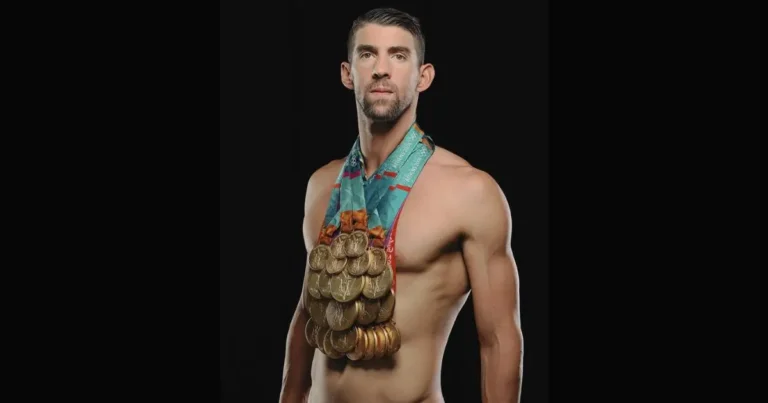
For those who don’t remember Michael Phelps, he is the legendary swimmer and most decorated Olympian of all time with a total of 28 Olympic medals, including 23 golds.
But did you know that all of this was almost never achieved?
In his autobiography “No Limits: The Will to Succeed”, Phelps provides detailed insights into his relationship with coach Bob Bowman and his training methods.
“Having someone like Bob in my corner kept me grounded and focused. He held me accountable, and without that, I don’t think I could have achieved what I did”, writes Phelps.
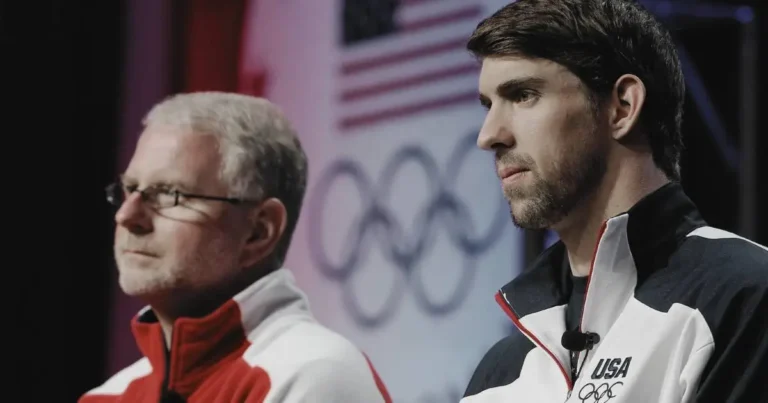
Michael Phelps met Bob Bowman at the North Baltimore Aquatic Club when Phelps was just 11 years old. Recognizing Phelps’ exceptional talent and potential, Bowman took him under his wing.
Their partnership began in 1996 and became one of the most successful coach-athlete relationships in the history of sports.
What did Bob Bowman do that was so remarkable? How did he take a kid with potential and turn him into a winner?
Firstly, Bowman designed a highly individualized training program tailored to Phelps’ strengths and weaknesses. He focused on building Phelps’ endurance, technique, and versatility in multiple swimming strokes.
Next, Bowman held Phelps accountable to follow the rigorous training schedule which had been created, often swimming 80,000 meters a week. His training included double sessions, weight training, and a disciplined diet to ensure peak physical condition.
Finally, Bowman emphasized the mental aspects of swimming, teaching Phelps visualization techniques to mentally rehearse his races. This helped Phelps develop a strong mental framework to handle the pressures of competition. He also kept Phelps motivated when the training got tough.
In an interview with the Olympic Channel Phelps said: “Preparing for races was something Bob taught me. It wasn’t just about physical training; it was about mental preparation too. That’s what kept me going when things got tough.”
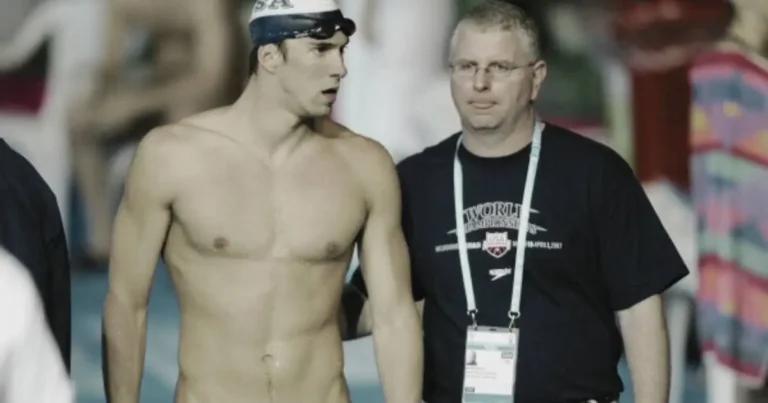
The Willpower Fallacy
The Willpower Fallacy is the mistaken belief that sheer determination and self-control are sufficient to achieve long-term goals.
Willpower alone overlooks the importance of external support, structured plans, and accountability systems in sustaining motivation and discipline over time.
Relying solely on determination often leads to burnout and failure, highlighting the need for a more comprehensive approach to goal achievement.
In an interview with Sports Illustrated, Michael Phelps said it best: “You can have all the willpower in the world, but if you don’t have a plan and someone to help you stick to it, you won’t get far. Bob [Bowman] gave me that structure and accountability.”
While the CFA exams are not quite the Olympics, they do share a number of commonalities.
Firstly, the journey to getting the CFA Charter is long, and you need to stay motivated day after day, weekend after weekend for months and years on end.
Passing the CFA Program Exams is difficult. You need to master an enormous breadth and depth of material. You need to be technically proficient but then also able to synthesize information to make judgements.
The odds are against you, with low pass rates and strong competition.
Lastly, the rewards for winning are great. Personally, professionally and financially.

The Case for Accountability
An accountability partner significantly enhances the likelihood of achieving long-term goals by providing support, motivation, and structured guidance.
While willpower alone often falters under the pressures of daily life, an accountability partner keeps you focused and committed by holding you responsible for your commitments.
This external support system helps maintain discipline and consistency, which are crucial for sustained success.
In fact, there has been a lot of research on this topic. I’ll share 5 of the most compelling reasons why you need an accountability partner in your CFA journey.
Doozy Digest
A newsletter for CFA candidates
Subscribe for:
✔ Insightful tips
✔ Expert advice
✔ Career motivation
✔ Exam inspiration
Stay updated and subscribe today!
#1 Increased Motivation: Accountability can significantly boost motivation. When candidates know they have to report their progress to someone else, they are more likely to stick to their study schedules.
According to an American Society of Training & Development study, you are 95% more likely to succeed by simply directing accountability to a third party.
Research shows that even a little accountability produces measurable results when it comes to reaching your goals:
- Having a goal: 10% more likely to complete
- Consciously deciding to do it: 25% more likely
- Assigning a timeline: 40%
- Making the plan: 50%
- Committing to someone else: 65%
- Regular, consistent check-ins with that someone: 95%
This echoes what Michael Phelps said in an interview with ESPN: “Bob and I have been through a lot together, and he’s always been there for me, even when I didn’t want to be there for myself.”
#2 Structured Approach: An accountability partner or coach can help candidates create and adhere to a structured study plan, ensuring that all topics are covered adequately before the exam.
Study Published in the Journal of Applied Psychology demonstrated that setting specific goals and having regular accountability check-ins led to higher goal achievement rates.
Participants who had accountability partners reported greater progress and commitment to their goals.
[Source: “Goal Setting and Task Performance: A Longitudinal Field Study” by Latham, G.P., & Yukl, G.A., Journal of Applied Psychology.]
#3 Emotional Support / Overcoming challenges: Preparing for the CFA exams can be stressful and isolating. An accountability partner provides emotional support, reducing the feelings of isolation and anxiety.
“There were times I wanted to quit, but Bob pushed me to see the bigger picture. He kept me on track, even when I doubted myself.” (From Phelps’ autobiography “Beneath the Surface”)
#4 Real-time Feedback: Regular check-ins with an accountability partner or coach can provide candidates with immediate feedback on their progress and areas needing improvement.
Programs like Weight Watchers have long emphasized the importance of real-time feedback through regular group meetings and weigh-ins, which significantly contribute to participants’ success.
This methodology has proven itself in my wife’s waistline 😁
But perhaps more convincingly, a study by the International Journal of Obesity showed that participants in structured weight loss programs with immediate feedback and accountability lost an average of 9.6 pounds more than those who tried to lose weight on their own.
[Source: “Effectiveness of Weight Watchers for Weight Loss: A Systematic Review” by Tsai AG, Wadden TA, International Journal of Obesity.]
#5 Improved Time Management: Accountability can help candidates manage their time more effectively, ensuring they allocate sufficient time to study each week.

Accountability Options
OK, so you understand the importance of an accountability partner, and why your own willpower may not be enough.
How do you incorporate this into your CFA exam plan?
The term accountability partner can sound intimidating. But this is really just someone who supports and motivates you to stay committed to your goals by regularly checking in on your progress and holding you responsible for your commitments.
This person helps ensure you stay focused and disciplined, providing encouragement and guidance as needed.
There are several options available, each with various pros and cons.
A family member, partner or spouse. While someone close should have your best interests at heart, my experience is that they are often too caring and sympathetic to really push you forward. The other drawback is they are often not familiar with the details of CFA Program and so guidance tends to be generic rather than specific.
A CFA Chartered colleague or friend can bring insight and their own experience. Pick wisely as someone who is too busy to schedule regular sessions may interrupt your flow. Some also struggle to shift from the ‘friend’ into the ‘coach’ role.
A friend or colleague also studying for the CFA can be a useful companion on the journey. They will have the advantage of being intimately familiar with your experiences, but pick someone who has space for you and is not solely focused on their own issues. It is also useful to have someone you can benchmark and measure your progress against, albeit this is a sample of one.
The Charter Doozy Exam Coaching was built specifically to help those serious about maximizing their probability of exam success.
- Coaching is one-on-one and individualized. We also limit the number of clients to ensure focus
- We are specialists in the CFA and give specific relevant guidance.
- Through our money-back-guarantee we are aligned to your success. We are professionals and not friends, willing to have the difficult conversations when you need to be nudged back on path.
- You are doing the CFA Program for the first time. We bring the experience of having helped others just like you for over a decade.
Are you ready to step out of your comfort zone and achieve your goals?
If so, we’d be honored to guide you.
Download the infographic: CFA Exam Accountability Partners to understand your options, including the pros and cons of each.
No guessing which is our preference 😉
The Case for a CFA Coach
Partnering with a professional CFA coach offers candidates a uniquely personalized, consistent, and structured approach that is directly aligned to your success.
Professional CFA coaches provide targeted, personalized guidance, appreciating the unique demands of your career responsibilities.
Their structured approach ensures consistency, keeping you motivated and accountable every step of the way.
Because they’ve supported numerous CFA candidates in similar situations, coaches bring deep insight into your challenges, tracking your progress meticulously and adjusting strategies proactively.
Although this level of personalized, structured support comes at a cost, the potential long-term career benefits significantly outweigh this investment – especially considering some coaching services offer flexible pricing models or guarantees linked directly to your success.
Ultimately, the benefits of increased motivation, reduced stress, and a higher likelihood of passing the CFA exams often make the investment worthwhile.
